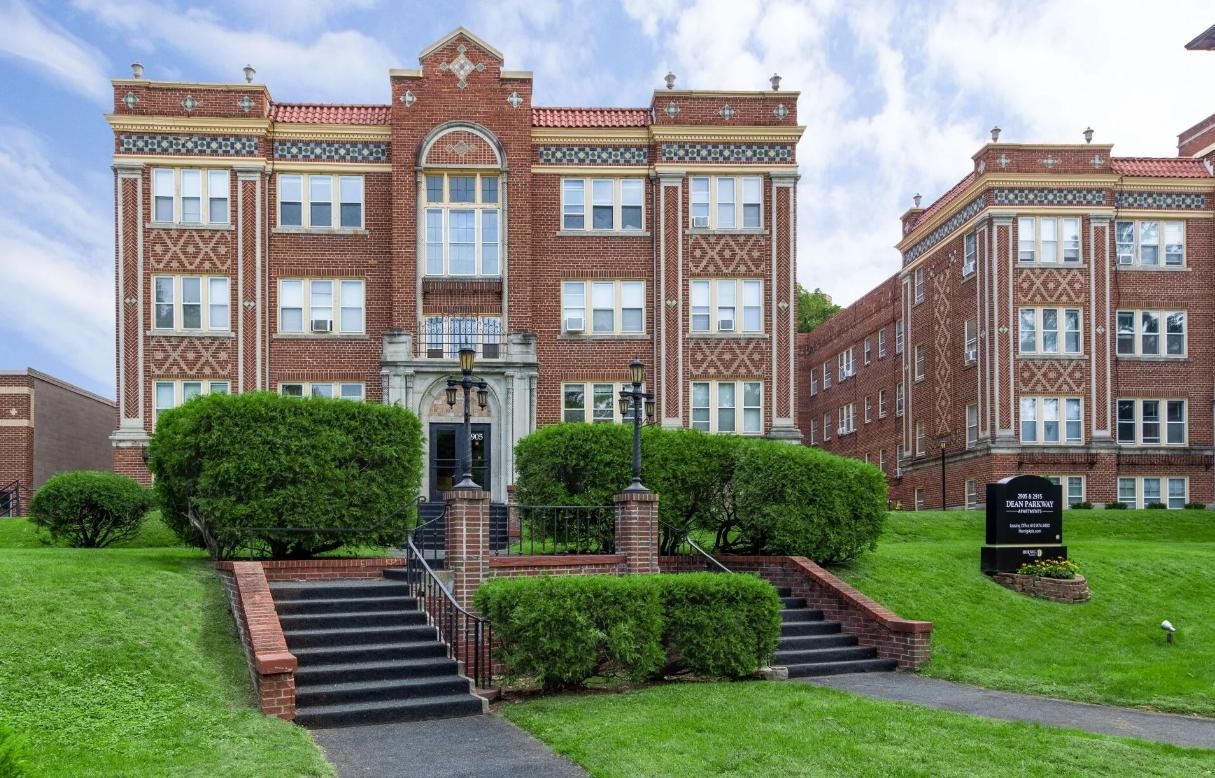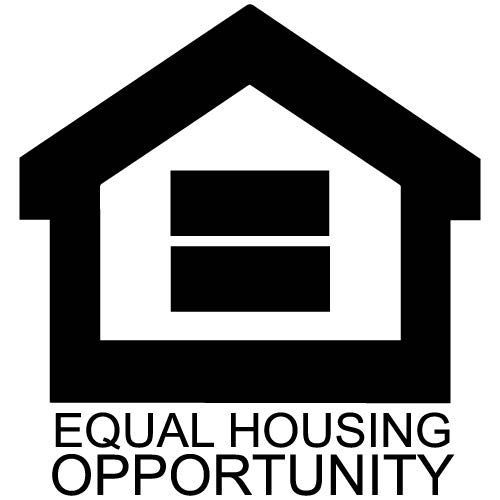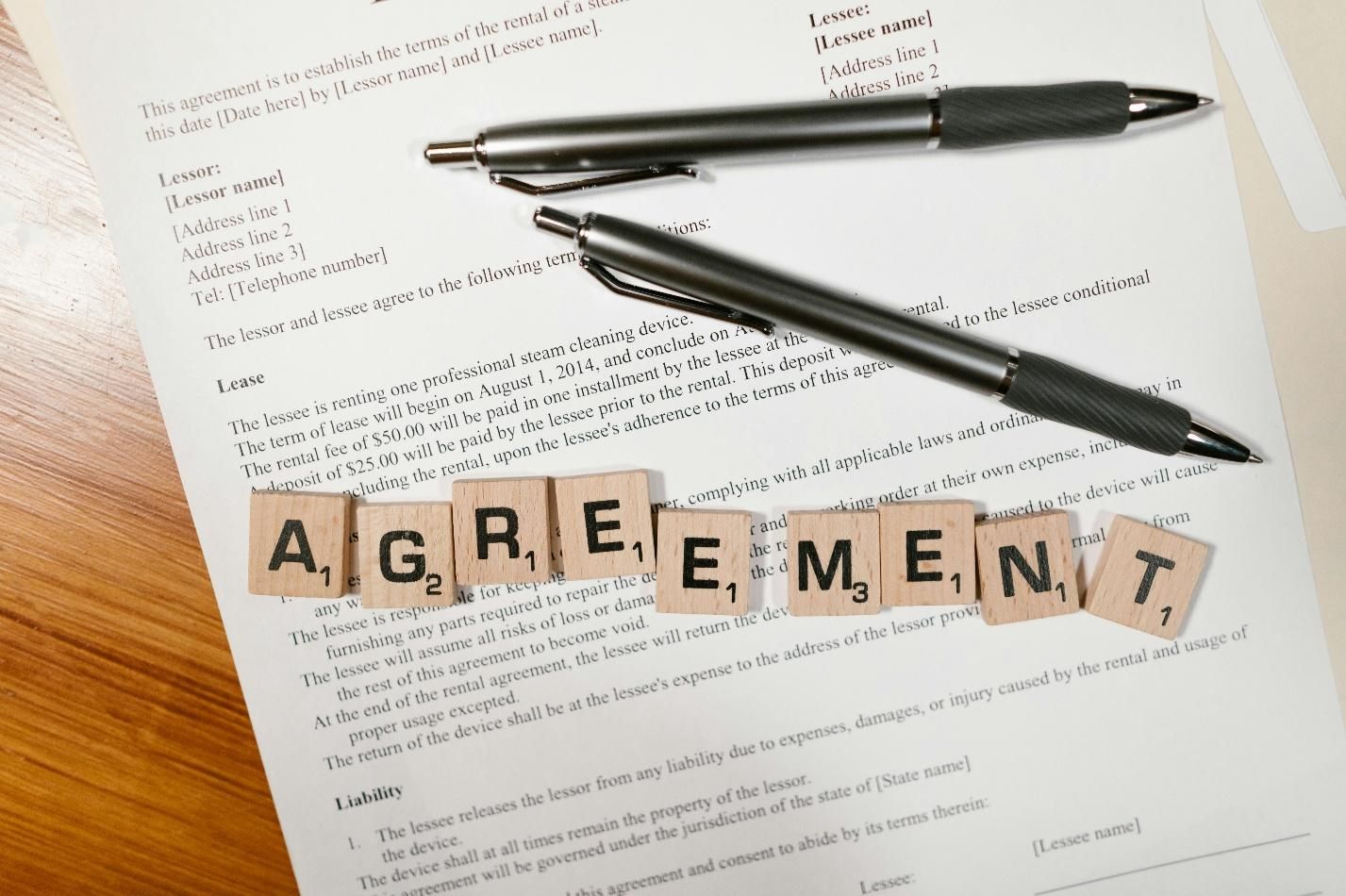First-Time Renters: Everything You Need to Know Before Signing a Lease
Whatever new era of life you’re entering, being a first-time renter can feel intimidating. Renting your first home is an exciting milestone, but it also comes with responsibilities and costs that may be unfamiliar to you.
As a property management company, our team at Hornig wants the best for our tenants. Here’s what we think you should know as a first-time renter!
Budgeting and Planning for Costs When Apartment Hunting

The most important part of renting an apartment happens well before you sign a lease. You want to start by having a budget in mind. You may see your dream apartment listed for $900 per month, but additional costs often exist beyond that number.
Not every property pays for utilities. While some may cover heat, electricity, and even internet, others require the tenant to pay for everything. These bills can quickly add up! A good rule of thumb is that no more than 30% of your monthly income should go toward housing costs, including rent, utilities, and renters insurance. Staying within this limit ensures you have enough money for necessities like groceries, transportation, and savings. Most companies require 2.5 to 3 times your income relative to the rent price.
Understanding the Costs: Security Deposit

One of the first costs you’ll encounter when apartment hunting is the security deposit. This is an upfront payment, typically equal to one month’s rent, that landlords collect to cover potential damages or unpaid rent.
Many of Hornig’s city properties require a $500 deposit at the time of applying. If you take care of the property and fulfill the terms of your lease, you’re more likely to receive your deposit back when you move out.
How to Get Your Security Deposit Back

To increase your chances of receiving a full refund:
- Document the Condition on Move-In – Take photos and note any existing damage.
2. Follow Lease Rules – Avoid unauthorized modifications or violations.
3. Give Proper Notice Before Moving Out – Check your lease for the required notice period.
4. Deep Clean Before Leaving – Clean thoroughly, including carpets, appliances, and bathrooms.
5. Request a Move-out Walk-Through Inspection – Ask your landlord to inspect the unit before you leave.
6. Return All Keys – Failing to return keys could result in a deduction from your deposit.
Other Costs to Budget For
•First and last month’s rent: Some landlords require both upfront, depending on your income or credit report.
•Application fees: Typically, a small fee to cover background and credit checks. For Hornig Companies’ Minnesota properties, this non-refundable fee is $50 per adult.
•Utilities: Some rentals include utilities, but others require you to pay for electricity, water, gas, and internet separately.
•Renters insurance: While not always required, it protects your belongings. If you have car insurance, bundling it with renters insurance can save money.
Documents You’ll Need

If you’ve found an apartment you’d like to apply for, you’ll need a handful of important documents. Before applying for a rental, gather these essential documents:
• Government-issued ID (Driver’s License, Passport, or State ID)
• Social Security Card
• Proof of Income (Recent Pay Stubs, SSI Benefits Statement, or an Offer Letter)
• Proof of Assets (Checking/Savings Account Statements, 401k Balance Sheets, etc.)
• Rental History or References (if applicable)
Screening Criteria

Hornig Companies follows Fair Housing guidelines to ensure all applicants are treated equally. The application process generally takes two to four business days, though affordable housing applications may take up to two weeks. Here are some of the other screening criteria to be mindful of:
Rental Criteria
- Housing History – Applicants must provide rental history from the past three years with landlord contact information. Family or roommate references are not accepted. Unpaid balances or negative feedback from previous landlords may result in denial.
2. Credit Requirements – A credit check is conducted. Factors such as unpaid housing debts, frequent late payments, accounts in collections, or a high debt-to-income ratio can be grounds for denial. Insufficient credit history alone is not a reason for denial in Minneapolis.
3. Criminal Background – A criminal background check is performed.
• In Minneapolis, misdemeanor convictions older than three years and most felonies older than seven years are not considered.
• Certain convictions, such as first-degree assault, arson, murder, aggravated robbery, manslaughter, or first-degree sexual conduct within the last 10 years, or lifetime sex offender registration, will result in denial.
4. Income Requirements – Household income must be at least three times the monthly rent. Acceptable proof includes pay stubs, tax returns, savings statements, or an offer letter.
• In Minneapolis, applicants who do not meet this threshold can submit a rental payment history from the past year for consideration.
• Co-signers are not accepted, but full-time students may have a guarantor if they meet specific credit and income requirements.
Considerations When Renting with Roommates

Living with a roommate has advantages and drawbacks. On the plus side, sharing a living space can significantly reduce housing costs, making rent and utilities more affordable.
Roommates can also provide companionship, help with household chores, and create a sense of security.
However, potential challenges include differences in cleanliness habits, lifestyle preferences, and financial reliability. To avoid conflicts:
• Ask friends or colleagues for recommendations.
• Interview potential roommates and discuss expectations for bills, cleaning, and personal space.
• Consider drafting a roommate agreement.
• Conduct a background check and verify their financial stability.
• Ensure all roommates are on the lease.
Reading the Lease and Addenda

A lease is a legally binding contract, so read it carefully. As professionals in the industry, we’re here to help clear up any confusion or questions you may have. Whether you’re filling an application out online or in person, there are no stupid questions. When you’re signing your lease, pay attention to:
• Rent amount and due date
• Late fees and penalties
• Pet policies
• Maintenance responsibilities
• Lease termination clauses
• Notice to vacate period
• Community Rules
If there are addenda (additional agreements) attached, make sure you understand them before signing.
Final Thoughts

Renting your first place can feel overwhelming, but being prepared makes the process smoother. Understanding costs, reading the lease, and keeping up with responsibilities will set you up for a positive rental experience.
If you ever have questions, don’t hesitate to ask us! Good luck with your first rental, and welcome to this exciting new chapter!












